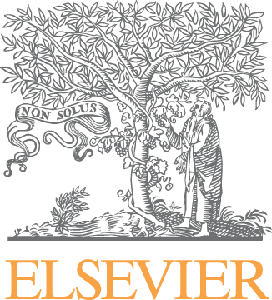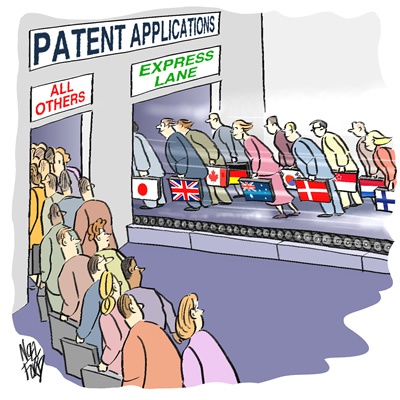Dorling Kindersley v. Sanguine Technical Publishers
A recent Delhi High Court order passed on 21 January, 2013 with respect to copyright licensing has come to our notice. An analysis of the judgement has been attempted in this blog post. Facts: In 2009, Pearson Education entered into an agreement with Sanguine Technical Publishers and its three partners, M.R.Kamalakar Pandit, Lal.M.Prasad and Dr.D.Ganesh Rao to co-brand engineering books. The agreement was for a period of 48 months and could be extended to 60 month.In 2012, Pearson was informed […]
Dorling Kindersley v. Sanguine Technical Publishers Read More »



